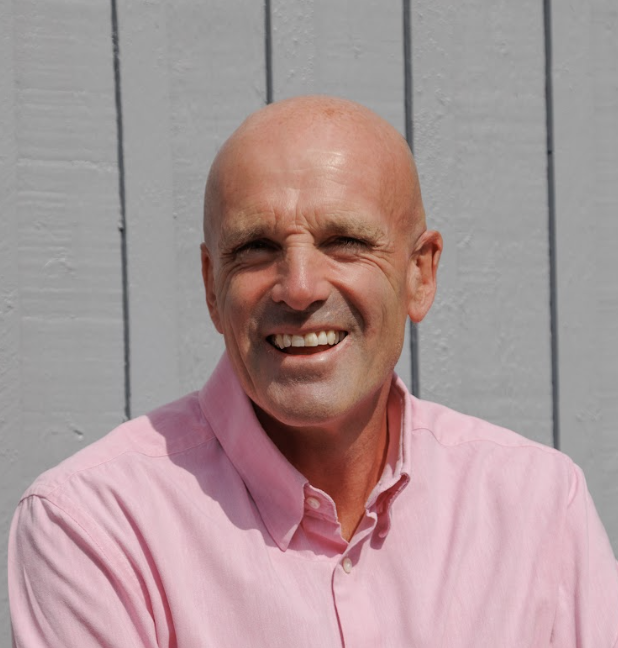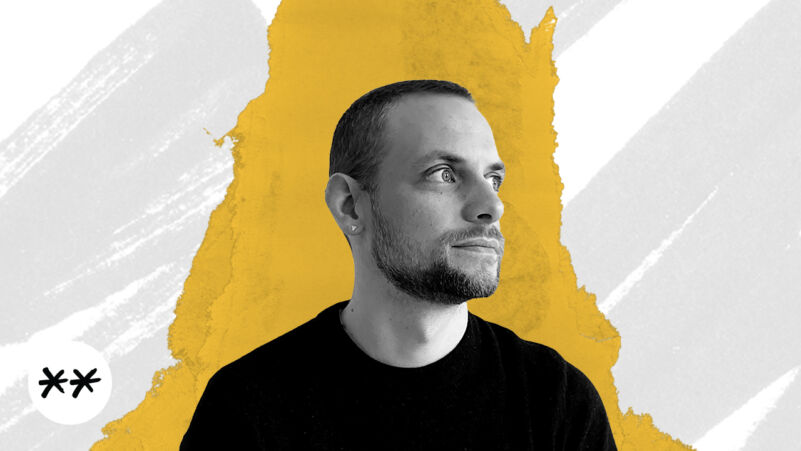Quick Summary
Ivo (Ivan) is co-founder and Chief Venture Officer at Finum, a neobank and financial solutions provider for SMEs and freelancers across Europe.
In this episode, Dominic explores the evolution from traditional product management to venture-focused innovation with Ivo, who’s pioneering AI accounting solutions that promise to revolutionise how SMEs handle their finances. From his unique “Chief Venture Officer” role to the strategic decision to orchestrate rather than build AI models, discover how Finum is creating proactive AI agents that handle accounting tasks automatically while ensuring human oversight and trust.
The conversation delves into the psychology of AI adoption, the importance of conversational UI design, and why the future belongs to companies that can integrate seamlessly into emerging AI platforms rather than compete with them. Ivo shares hard-won lessons from launching AI products in regulated industries and explains why “storytellers” are more valuable than ML engineers in today’s AI landscape.
Takeaways
-
Use what’s already built — instead of wasting time creating your own AI models, orchestrate existing ones from OpenAI, Anthropic, and Google to move faster.
-
Hire storytellers, not just coders — the key skill in AI today is translating business problems into prompts, not tweaking algorithms.
-
Build proactive AI — the best products act on behalf of users, not just wait for clicks.
-
Design for trust — in high-stakes areas like accounting, people need transparency, control, and insurance-grade reliability before they’ll accept AI.
Ivo (Ivan) is co-founder and Chief Venture Officer at Finum, a neobank and financial solutions provider for SMEs and freelancers across Europe. Previously serving as CPO for five years, Ivo transformed his role to focus on high-risk, high-reward products, particularly AI accounting solutions. Before Finum, he co-founded a startup incubator (before the term existed) that launched hundreds of products, including the successful Modul Bank, now a top-three fast-growing SME bank in Russia. Based in Berlin, Ivo brings over a decade of fintech and product development experience to building the future of AI-powered business tools.
Discover
Orchestration Over Creation: The biggest mistake AI companies make is trying to build their own models instead of orchestrating existing foundation models from OpenAI, Anthropic, and Google. Time-to-market and adaptability are more crucial than proprietary technology.
The Storyteller Role: Success in AI products requires “storytellers” – people who can explain complex requirements to AI models in simple terms. This skill is more valuable than traditional ML engineering for most AI applications.
Conversational UI Revolution: The future of software interfaces isn’t traditional buttons and forms, but enriched conversational experiences that dynamically present the right UI elements based on context and user requests.
Proactive vs Reactive AI: The most valuable AI products don’t wait for user requests – they proactively identify opportunities, send reminders, and take action, requiring only verification rather than instruction from users.
Platform Integration Strategy: As AI platforms like ChatGPT become dominant, success will come from seamless integration rather than platform competition. Think App Store dynamics rather than trying to build competing ecosystems.
Trust Through Transparency: AI adoption in high-stakes domains like accounting requires insurance backing, clear reasoning explanations for every decision, and the ability for users to easily override AI choices when needed.
The Psychology of AI Acceptance: Humans apply zero-tolerance standards to AI errors while accepting much higher error rates from humans. Overcoming this requires strategic trust-building and demonstrable value delivery.
European Market Complexity: Despite appearing unified, Europe requires country-specific approaches – Germans spend 12-17 minutes reading terms and conditions that French users skip through in 7-10 seconds, fundamentally affecting product design and adoption strategies.

